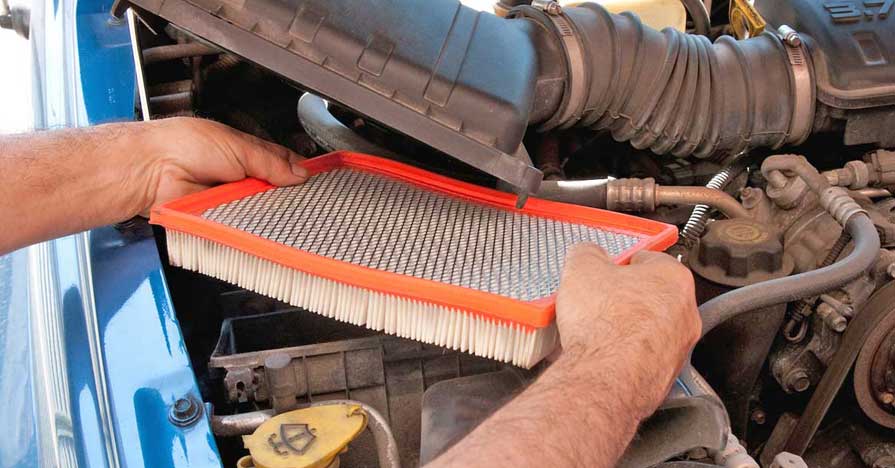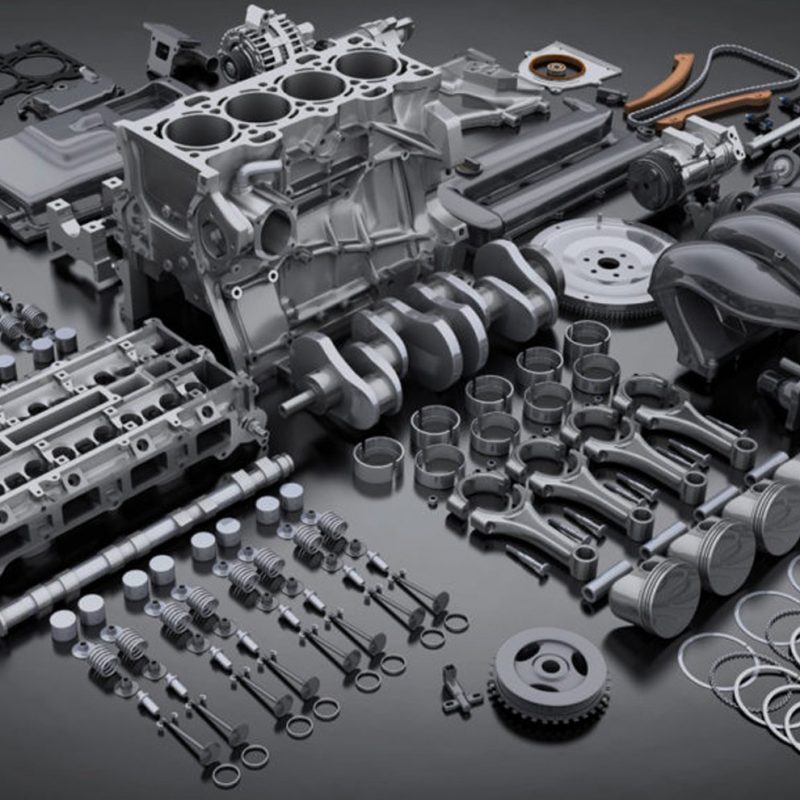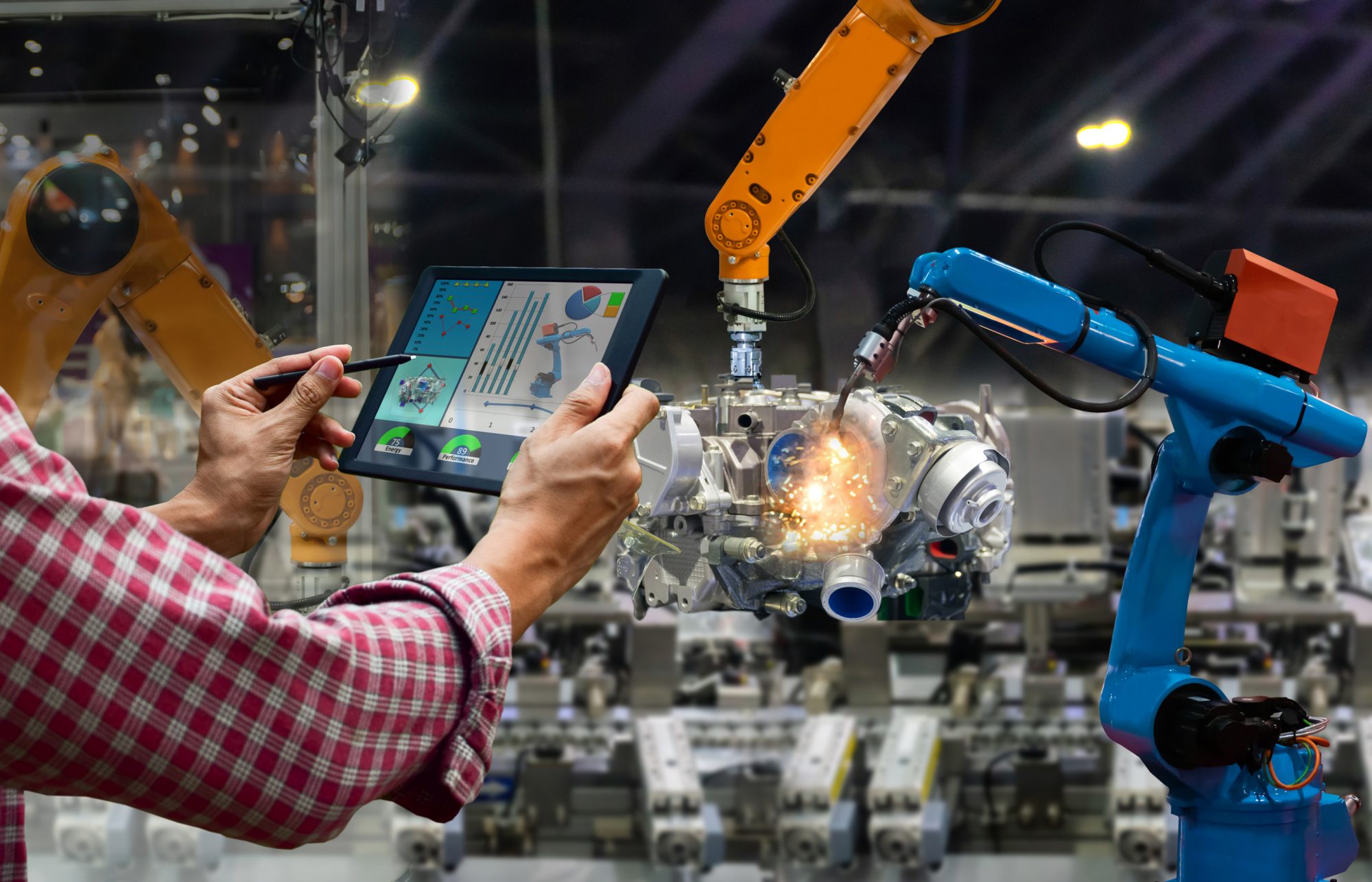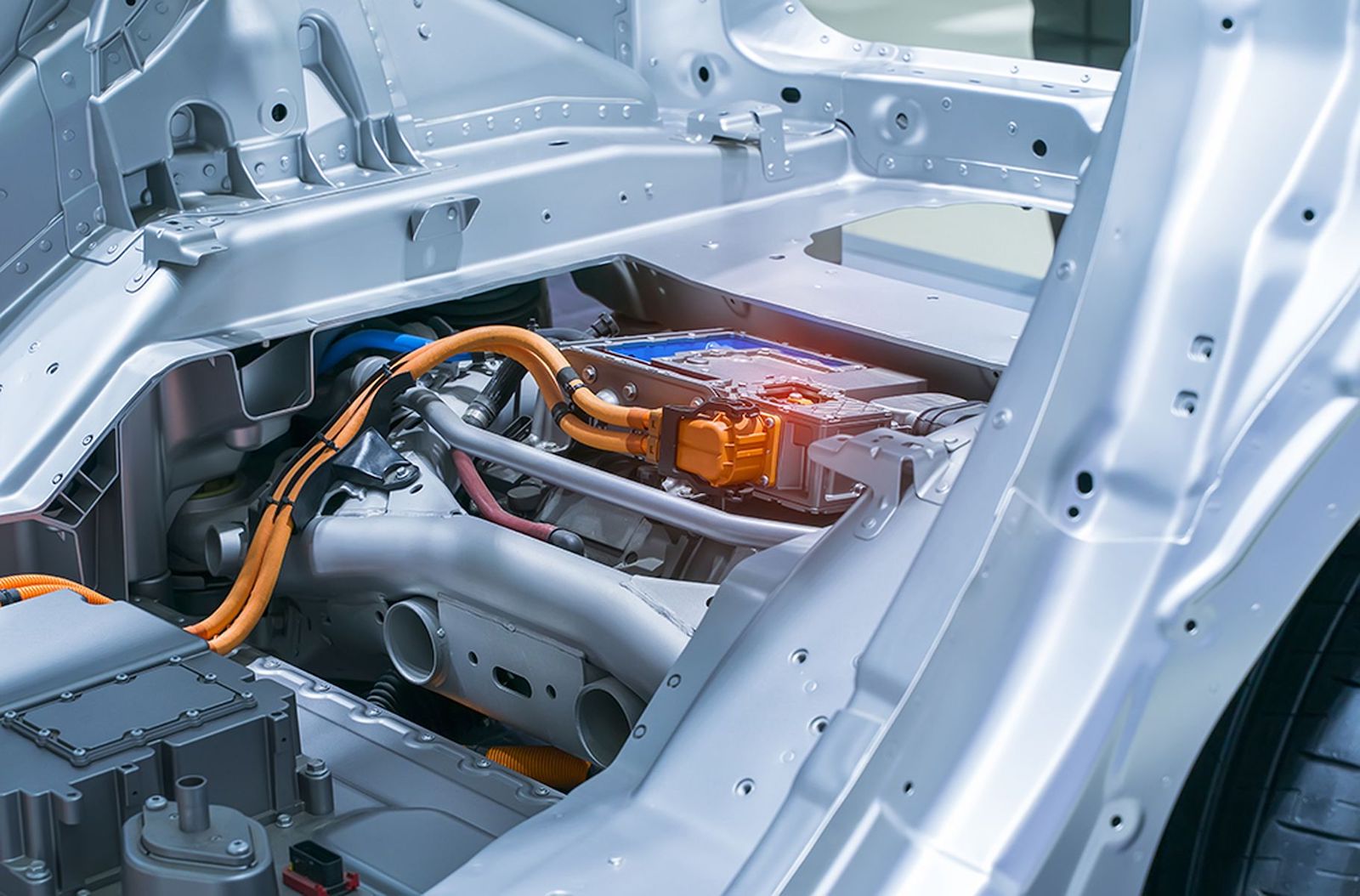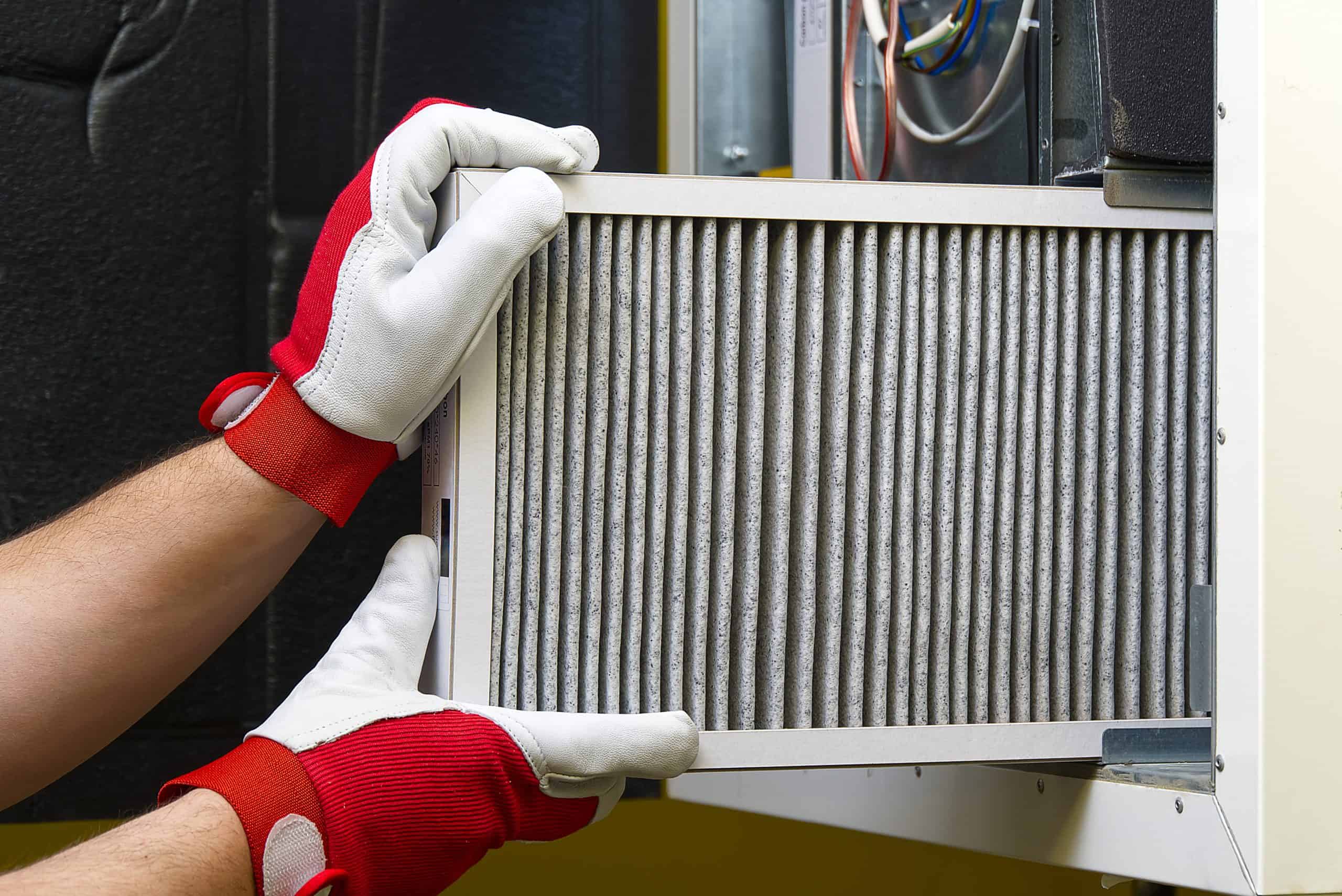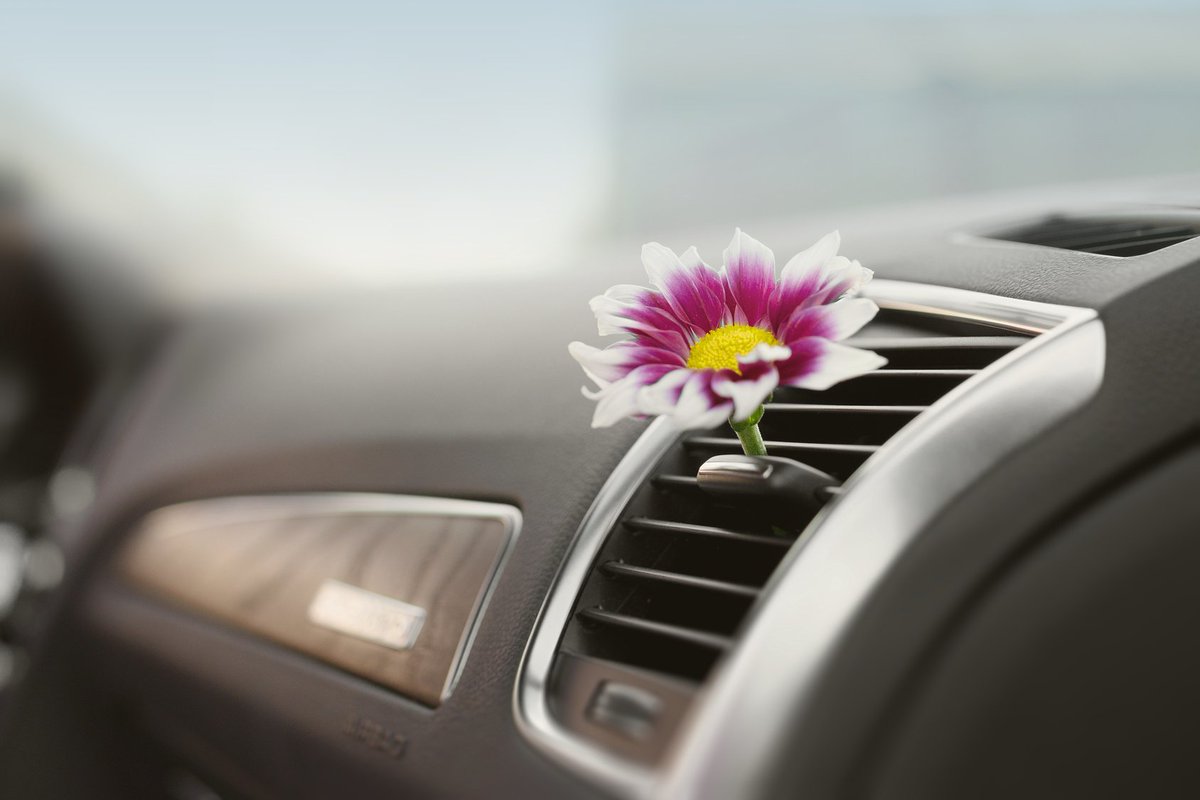Do engine air filters make a difference?
Do engine air filters make a difference?
Engine air filters play a crucial role in the proper functioning of a vehicle’s internal combustion engine. Their primary function is to prevent dust, dirt, and other particles from entering the engine, which can cause damage and decrease performance. The question of whether engine air filters make a difference is a valid one, as it is not always clear whether the benefits of changing the air filter outweigh the cost and effort of doing so.
One of the most significant benefits of regularly replacing the engine air filter is that it can help to prevent damage to the engine. The contaminants that the filter traps can cause a variety of problems if they reach the combustion chamber. For example, they can cause premature wear and tear on the engine’s components, such as the cylinders and pistons. They can also cause the engine to work harder, which can lead to decreased performance and increased fuel consumption. In severe cases, a dirty air filter can even cause the engine to stall or fail.
Another benefit of regularly replacing the engine air filter is that it can help to maintain the engine’s fuel efficiency. When the air filter becomes clogged, it can restrict the airflow to the engine, which can cause the engine to work harder to compensate. This can lead to decreased fuel efficiency, which can result in higher fuel costs and increased emissions. By regularly replacing the air filter, the engine can operate more efficiently, which can improve fuel efficiency and reduce emissions. According to the U.S. Department of Energy, a dirty air filter can decrease a vehicle’s fuel efficiency by up to 10%.
A clean air filter also plays a crucial role in protecting the catalytic converter, which is an emissions control device. The catalytic converter helps to reduce the emissions of harmful pollutants from the exhaust of the vehicle. However, it can become clogged with contaminants if the air filter is not working properly. A clogged catalytic converter can lead to decreased performance and increased emissions, which can be costly to repair or replace.
It’s worth noting that not all air filters are created equal, and the type of filter you use can make a difference. There are two main types of engine air filters: paper and synthetic. Paper air filters are made of a pleated paper material and are the most common type of air filter found in vehicles. They are relatively inexpensive and easy to replace. Synthetic air filters, on the other hand, are made of a synthetic material such as foam or cotton. They are more durable and can last longer than paper filters, but they are also more expensive. Synthetic air filters can also filter smaller particles, which may improve the performance of the engine.
In addition, the driving conditions and the type of vehicle you drive can also have an impact on how often the air filter needs to be changed. If a vehicle is driven frequently in dusty or dirty conditions, such as on dirt roads or in areas with heavy pollution, the air filter may need to be changed more frequently. Similarly, if a vehicle is driven mostly in urban areas with heavy traffic, the air filter may become clogged more quickly due to the high levels of pollution.
In conclusion, engine air filters do make a difference. They play a crucial role in protecting the engine from damage, maintaining fuel efficiency, and protecting the catalytic converter. Regularly replacing the air filter is essential to keep the engine running efficiently, improve fuel efficiency, and reduce emissions. The type of filter you use, the driving conditions and the type of vehicle you drive, all play a role in the frequency of changing the air filter. It is important to check the owner’s manual or consult with a mechanic to determine the recommended interval for changing the air filter for a specific vehicle, and always use the right type of filter for your car.


